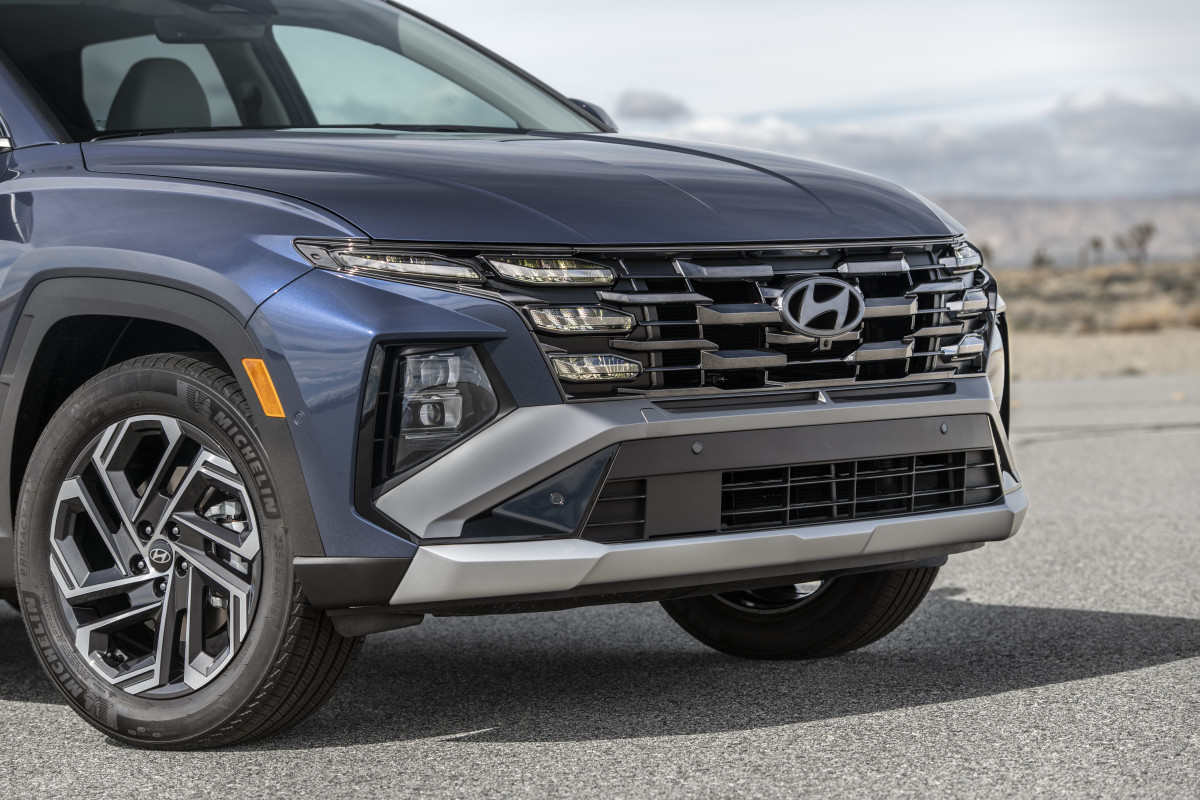The South Korean automaker is keeping prices steady to help U.S. buyers
In a new announcement on April 4, South Korean automaker Hyundai and its luxury arm Genesis declared that their respective vehicles will not see any price increases for the next two months in an effort to calm buyers’ concerns that President Trump’s new 25% tariff on all foreign auto imports would affect their local showrooms.
Respectively dubbed the ‘Customer Assurance’ and ‘Genesis Cares’ programs, Hyundai and Genesis are set to maintain the manufacturer’s suggested retail price for the entire lineup of both brands until June in response to dynamic market conditions and the potential impact of tariffs on the automotive industry.

Hyundai
In statements issued by Hyundai and Genesis, they denote that their price protection programs are meant to reinforce their respective brands’ “long-standing commitment to supporting American consumers and safeguarding affordability.” In addition, they denote the importance of giving its customers “the peace of mind of knowing that MSRP will not increase, regardless of market conditions, providing financial reassurance and the time to make the right choice for their transportation needs.”
“We know consumers are uncertain about the potential for rising prices, and we want to provide them with some stability in the coming months,” Hyundai and Genesis brand president and CEO José Muñoz said in a statement. “Our MSRP commitment is just one part of our multifaceted effort to provide great vehicles to American consumers while also supporting hundreds of thousands of jobs and investing billions of dollars in the most important market for our company.”
Hyundai previously warned dealers of tariff impact
A report published by Reuters revealed a note sent to dealers by Hyundai and Genesis Motor North America CEO Randy Parker, in which he revealed that the marques’ competitive pricing may adjust after the levies take effect.
In his note, Parker warned dealers that “current vehicle pricing is not guaranteed and may be subject to change for units wholesaled after April 2,” indicating that individual Hyundai dealers may face wholesale higher car prices after the effective date, a fee that can be passed onto consumers. “Tariffs are not easy,” Parker wrote to dealers. He also added that Hyundai is “fortunate that we do not depend heavily on imports from Mexico and Canada, and we have been sure-footed in our U.S. investments.”
Hyundai is not the only manufacturer taking action amid tariffs
Hyundai is far from the only manufacturer offering its customers some sort of pricing relief for its products. Detroit mainstay Ford recently started offering its employee pricing plan — known as the A Plan — to buyers of select 2024 and 2025 models through June 2.
Under the new program, which is part of its “From America, For America” campaign, Ford will offer discounts ranging from $2,000 to $10,000, depending on the vehicle. According to information from an anonymous dealer who spoke to The Detroit Free Press, examples of discounts include $10,000 off the $65,000 MSRP of an F-150 XLT Hybrid and a $2,700 discount on the $36,300 Escape ST.
Stellantis also announced that it will offer employee pricing on most 2024 and 2025 Chrysler, Dodge, Jeep, and Ram vehicles through April 30, save for high-ticket items like the Ram 1500 RHO and Jeep Wrangler Rubicon 392.
“This week we launched aggressive and consistent incentive and marketing support for April, including an exciting and competitive enhancement that will allow our customers ‘America’s Freedom of Choice’ between employee price or current cash incentives,” a Stellantis spokesperson said in an April 4 statement.
Final thoughts
As tariffs are set to affect just about every facet of the American market, it’s a little comforting to know that automotive manufacturers are doing whatever they can to dissuade public fears. Of course, this is only a temporary band-aid on a bigger problem that can only be permanently solved through the reversal of the administration’s tariffs. Whether the American public can force that to happen, though, is anyone’s guess.